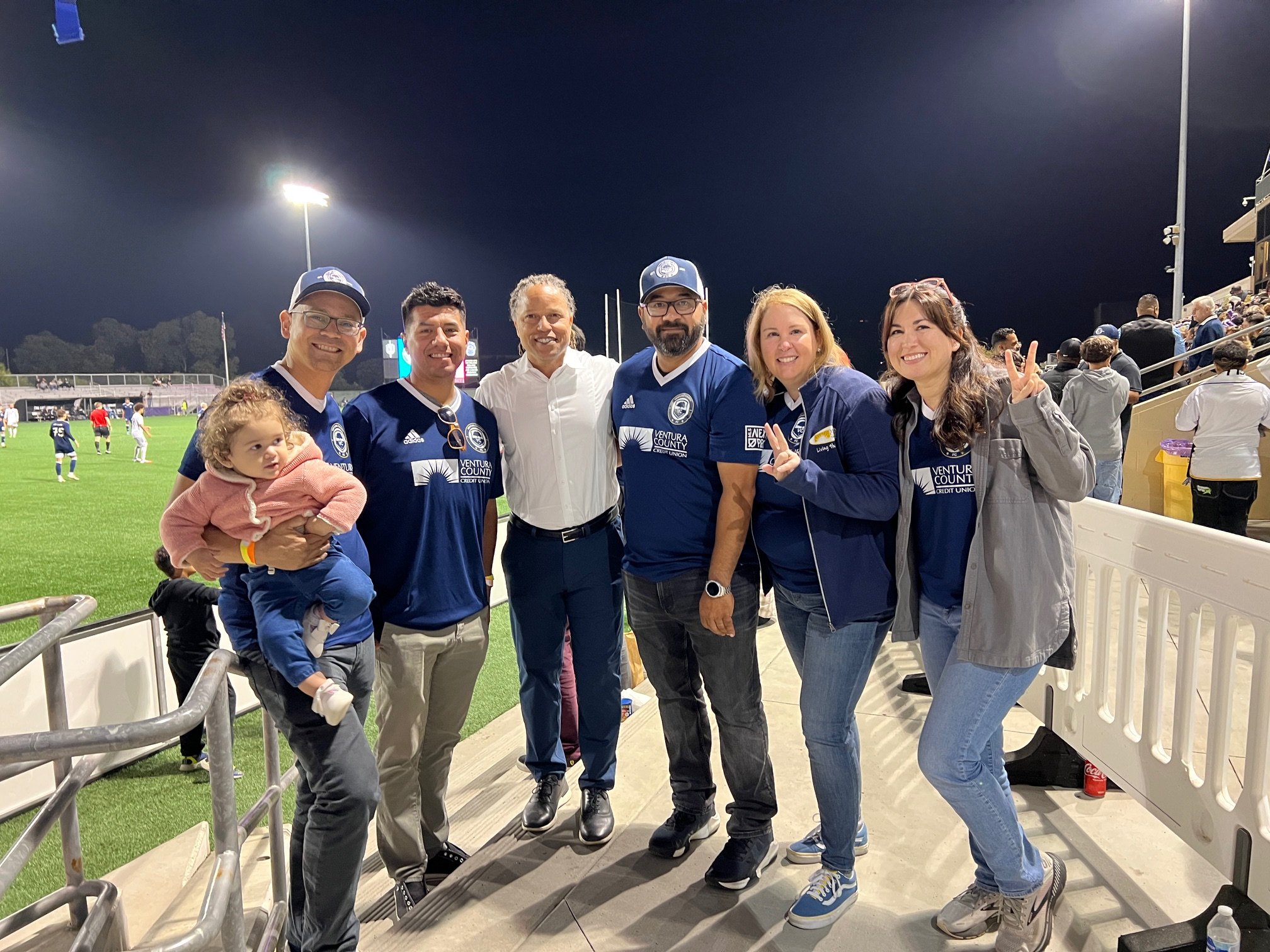WEST PALM BEACH, Fla. – When it comes to been there, done that, the barrage of hurricanes that hit the United States in 2004 and 2005 has boosted the ranks of disaster-savvy credit unions. Credit Union Times asked some of them to share the lessons they've learned. Much of what they say emphasizes people – both employees and members. Yes, they stress, backup computer systems and other details are important. But your ability to serve your members hinges on taking care of your staff. "The most important thing is your people, just as it is every day," declares Chris Rutledge, CEO of Gulf Winds Federal Credit Union in Pensacola, Fla. The area was hit by Hurricane Ivan last year, then by Dennis this year. GWFCU struggled without power for a week after Ivan, and the main office lost about a third of the roof. "You can have wonderful disaster recovery plans, backup sites and all those kinds of things. But if your people aren't able to come to work, all that is worthless," Rutledge says. As Ivan came closer, it became more and more certain employees would need to prepare their homes and in many cases evacuate. So the credit union closed a day early. Yes, there was some flack from members, but on the other hand the credit union was able to reopen quickly thanks to generators and lamps on the teller counters. "I can look across my office right now and see Tupperware containers with food, water, duct tape, lanterns and all kinds of necessities should we get hit by still another hurricane. "We actually had a couple of our senior management team stay here at the credit union. It's a safe building with a vault we can get in," Rutledge says. After Ivan the credit union put together a Quality of Life team. The team's goal was to make sure all other employees reporting for work had what they needed to survive. They may have made it to the office, but have little gas in their car or food and water at home. Schools were closed, so the GWFCU break room became a day care center. "The Quality of Life team would literally wait two or three hours in lines to get gas in employees' cars so they could get to and from work," Rutledge explains. "They brought food in for lunches, made sure water was available and watched out for employees in the heat we experienced without air conditioning. "We had three or four people who were real go getters. One guy was kind of like Radar O'Reilly in the M*A*S*H television series. If we needed gasoline to run a generator or ice and water he'd come back with it. We don't know where he got all of it, but he did it." Satellite Phones May Be Key To Keeping In Touch Hurricane Ivan also affected another Pensacola-area credit union, Pen Air Federal Credit Union. A committee met before the storm hit, then immediately after, to direct preparation and recovery. "Part of the disaster plan involves getting into immediate contact with branch managers and the management team who go out, assess damage and report back so we, in turn, know what to report to employees," explains Patty Veal, PAFCU marketing director. "We have a phone system that allows employees to enter a code that accesses a special voice mailbox with instructions. The message may advise employees of a certain office that their office is damaged and they should report to another location." But some landlines worked, some didn't. Some cellphone towers were down or busy. So the credit union developed what Veal calls a "real quick and dirty" phone tree and drive tree system. If an employee didn't call and couldn't be reached by phone, someone was asked to drive out to their home and make sure they were okay. "One thing we and a lot of other financial businesses along the coast are looking at now is alternatives to cellular phones, such as satellite phone and radio," Veal says. "Satellite seems to be the way to go, but it's costly and it's something we've got to budget for and plan for. Communication is the key." If you visit the newest branch of Community First Credit Union in Bartow, Fla., you may notice it has a generator. That sounds like a wise investment, but CEO John Santarpia points out the generator runs on natural gas. When three of the four hurricanes that swept through Florida last year came within 10 miles, the credit union noted what many Floridians discovered – gasoline and diesel fuel may be scarce. Natural gas wasn't interrupted. Another thing the hurricanes reinforced is the importance of communications. "This past Friday (when Hurricane Wilma threatened) everybody had a phone tree with home addresses, cellphone numbers and what not. We also reinforced several times the importance of unplugging computers and backup batteries and taking them off the floor, even if it's onto boxes. Roofs can leak, and we had some of that last year," Santarpia says. "We also instilled the idea we're here for the public. For example, today (the Monday Hurricane Wilma actually swept through Florida) when nobody was open, we were open. (CFCU offices were far enough north of Wilma that only tropic storm force winds were experienced.) "We put no pressure on the staff. We said, `Look, the measure of comfort is different from employee to employee.' About half the staff didn't make it in today. They called. They're not in trouble." Last year two employees whose mobile homes were threatened spent a couple days living in CFCU's large kitchen where they could cook and have electricity, thanks to a diesel generator. The credit union provided day care with a babysitter, pizza, movies and popcorn. "Our lessons were learned after the first hurricane," Santarpia says. "After the second hurricane we did a lot better. [email protected]
Complete your profile to continue reading and get FREE access to CUTimes.com, part of your ALM digital membership.
Your access to unlimited CUTimes.com content isn’t changing.
Once you are an ALM digital member, you’ll receive:
- Breaking credit union news and analysis, on-site and via our newsletters and custom alerts
- Weekly Shared Accounts podcast featuring exclusive interviews with industry leaders
- Educational webcasts, white papers, and ebooks from industry thought leaders
- Critical coverage of the commercial real estate and financial advisory markets on our other ALM sites, GlobeSt.com and ThinkAdvisor.com
Already have an account? Sign In Now
© 2024 ALM Global, LLC, All Rights Reserved. Request academic re-use from www.copyright.com. All other uses, submit a request to [email protected]. For more information visit Asset & Logo Licensing.









